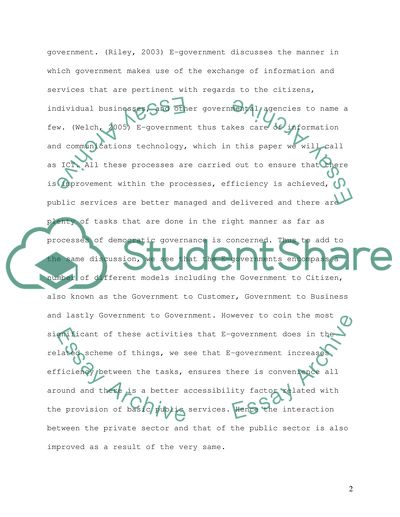Cite this document
(The Choice of E-Government and its Rationale Essay, n.d.)
The Choice of E-Government and its Rationale Essay. Retrieved from https://studentshare.org/politics/1711900-e-government
The Choice of E-Government and its Rationale Essay. Retrieved from https://studentshare.org/politics/1711900-e-government
(The Choice of E-Government and Its Rationale Essay)
The Choice of E-Government and Its Rationale Essay. https://studentshare.org/politics/1711900-e-government.
The Choice of E-Government and Its Rationale Essay. https://studentshare.org/politics/1711900-e-government.
“The Choice of E-Government and Its Rationale Essay”, n.d. https://studentshare.org/politics/1711900-e-government.


